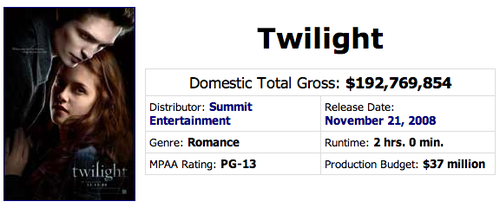How this reader would wish for her review to be received by the author
It seems that on a practically daily basis, some author out there in cyberauthorland feels the need to instruct reviewers in the mechanics or ethics of reviewing. From well-known, best-selling authors to the most obscure self-published author who has published one 68 page novella on amazon, many authors seem to feel completely entitled to authorsplain the obligations of reviewing to the people who are doing the reviewing.
(And yes, there are two specific events that have precipitated this post. I don't want to start a war, so I'm not linking directly).
Stop it.
No, really, stop it. Just like the guy who recently tried to mansplain to me how grand juries work (I’m a prosecutor, I know how they work), you need to stop your bloody authorsplaining. Here is an only slightly irrational and/or exaggerated response to the most common demands:
1. If your review isn’t going to be 4 or 5 stars, contact me privately with your complaints:
I’m not your beta reader, your crit partner, or your mommy (unless you’re my child, in which case, we would have already had this conversation face-to-face). Hence, you can assume that I have two audiences in mind for my reviews: myself (to put my thoughts in order) and my readers (who are usually my friends). For that reason, I feel utterly uncompelled to directly address you, your typos, your homonym confusion, and/or your plot holes the size of a friggin’ wormhole. My review isn’t for you.
I will embroider this on a decorative pillow for you, if you like.
Available in multiple colors. Not really, I actually just made it on picmonkey. But, you get the point.
2. Don’t review a book if you haven’t read it to the end. Preferably twice, so I know that you didn’t miss how I explained that plot hole that my beta readers warned me about in one sentence at the bottom of page 232.
Listen. I don’t need to consume an entire plate of feces to determine that it tastes like shit. In the same way, I don’t need to read your entire book to decide I don’t like it. And if I don’t like it, I can talk about the fact that I didn’t like it enough to finish it in public on the internet. The end.
3. Before you criticize my grammar and/or writing skills, make sure your review is perfectly written and formatted.
I’m writing for free, on the internet. You’re not. You don’t have to pay me if my grammar isn’t perfect. Isn’t that awesome? Of course, you don’t have to pay me even if my grammar is perfect, but in any case, only one of us thinks we should profit from the quality of our words. It’s not me. If my grammar is less than perfect, no one will expect a refund.
4. Don’t be mean – this book is my baby.
Think of me like your baby’s employer. She’s all grown up now, you see, and she’s graduated from high school (maybe even college) and you’ve sent her out into the world on her own, to make her fortune. Basically, I’m the person who signs her paycheck. It’s not my job to be nice to your baby. It’s my job to convey to her that she has skills worth paying for – otherwise, she should move back home. Because you sent her out into the world too early, and she isn't ready for a marketplace.
Thank you very much for leaving me alone. To read.






 1
1































